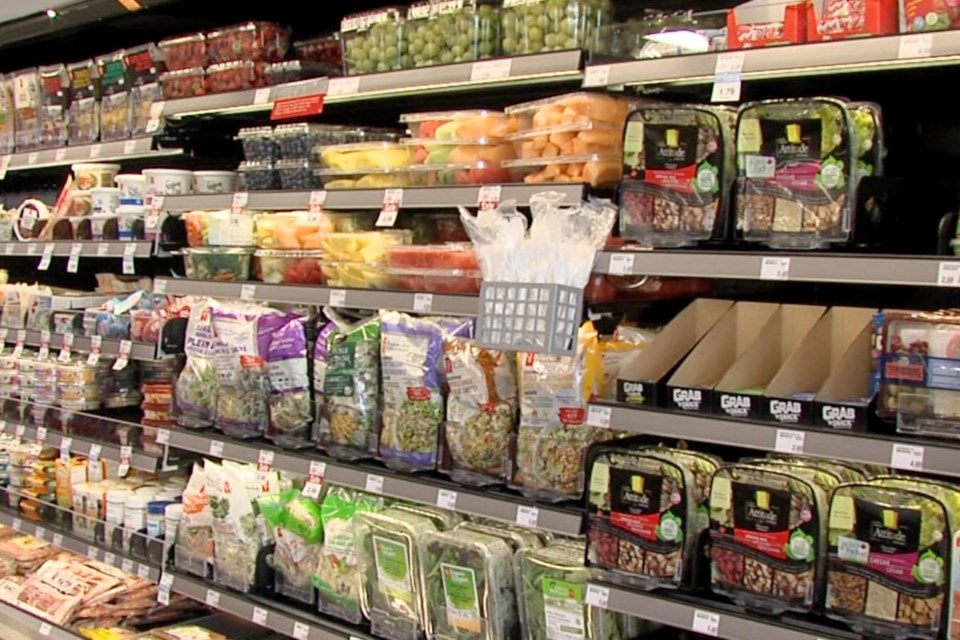Food insecurity continues to grow in the region, according to the Northwestern Health Unit.
The Northwestern Health Unit released a report last week, which calculated the cost to feed a family of four at $299.12 per week, or just under $1,300 a month, from a food costing survey done this past spring.
Zoe Brenner, a registered dietitian with the health unit, said food costs are likely even higher now than when they conducted the survey.
“We’ve seen some significant, food cost increases even in the past few months with inflation, with drought issues in other parts of the continent, with war issues in Ukraine and Russia that’s impacted food supply chains,” she said.
Brenner said one in seven households in the Northwest are food insecure, according to the health unit’s most recent data from 2018.
“It’s arguable those numbers are higher now than they were in 2018. This problem continues to grow in our area,” she said
Brenner said gathered prices in from 11 grocery stores in their catchment area from Kenora to Atikokan, up to Sioux Lookout and other northern communities.
She said even within the region there’s a huge variability, not just in costs, but availability of foods. Some places don’t even carry the items that are on standardized national tool from Health Canada. Brenner added remote communities are not included, which would increase the calculated costs even further.
The root cause of food insecurity really comes down to income, she said, where people are unable to finance food regularly and reliably.
“Thinking about the overall cost of living, which includes a healthy diet, is really important to look and that’s something we’ve tried to frame in this report,” she said. “When there’s competing needs, good food is often pushed to the wayside or seen as flexible, so people are able to make their means with rent or utilities.”
Brenner said this is the first time in five years that the health unit has done this costing due to the COVID-19 pandemic.
“This was definitely a high priority for us to get back to,” she said, adding public health units are mandated to monitor food affordability.
“Typically, the Northwestern Health Unit does this costing about every two years to keep up with that expectation,” said Brenner.
“So we really just wanted to get back to this work, now that we’re moving away from as much COVID pandemic redeployment and really highlight that this is an issue in our region.”
Brenner said while programs teaching people to shop on a budget or being money savvy can be useful, they aren’t a solution to food insecurity and it needs to be tackled at a higher level in our society.
“That comes down to adequate wages, adequate social assistance, affordable housing and access to it, affordable and accessible childcare, employment stability,” she said.
The health unit said food insecurity is an important issue to highlight because it can lead to worsening physical health, increased mental illness, and over time, significant costs to the healthcare system.
“As a public health unit, we want to be talking about [this issue]. And really we want people to be aware of the issue and that’s something that we wanted to highlight with this report as well,” said Brenner.
“We need to understand that poverty and income and financial means to food is the root cause. And we want community members to advocate for that as well.”
A copy of the report with more information about food insecurity is available on the NWHU website.
